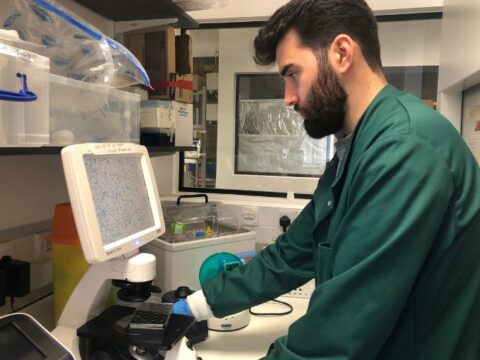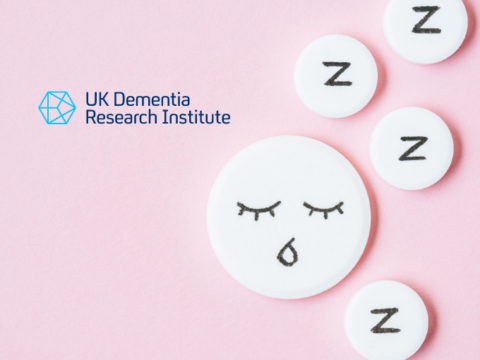Launched in March 2020, the UK Dementia Research Institute’s (UK DRI) Multi-‘omics Atlas Project (MAP) is a £2M Directors’ initiative led by the Centre at Imperial College London, which aims to create an ‘atlas’ of the brain at different stages of Alzheimer’s disease. The project is managed by Senior Scientific Project Manager, Dr Johanna Jackson, under the leadership of Centre Director, Professor Paul Matthews.
It is the first time that UK brain tissue resources have been coordinated on such a scale to study Alzheimer’s disease pathology at every stage of the illness, and is set to rapidly improve our understanding of the processes that lead to people developing the illness.
The team from UK DRI at Imperial use an unprecedented range of advanced techniques to examine tissue from eight different regions of the brain. The aim is to gain a much fuller understanding of key cell characteristics, including what influences the genes of individual cells to be expressed, and the role of proteins and other factors on their function. The data obtained is combined with information gathered from microscopic examination of the tissue, and with the medical history of each brain donor. Powerful new molecular imaging technology are used to examine subtle but important differences in cell types and their relationships in the brain. From these data, scientists are able to develop a better understanding of how individual cells function and interact with their environment.
Find out more about the Multi-‘omics Atlas Project at https://map-ad.org/
Find out more about research at the UK Dementia Research Institute at https://ukdri.ac.uk/







